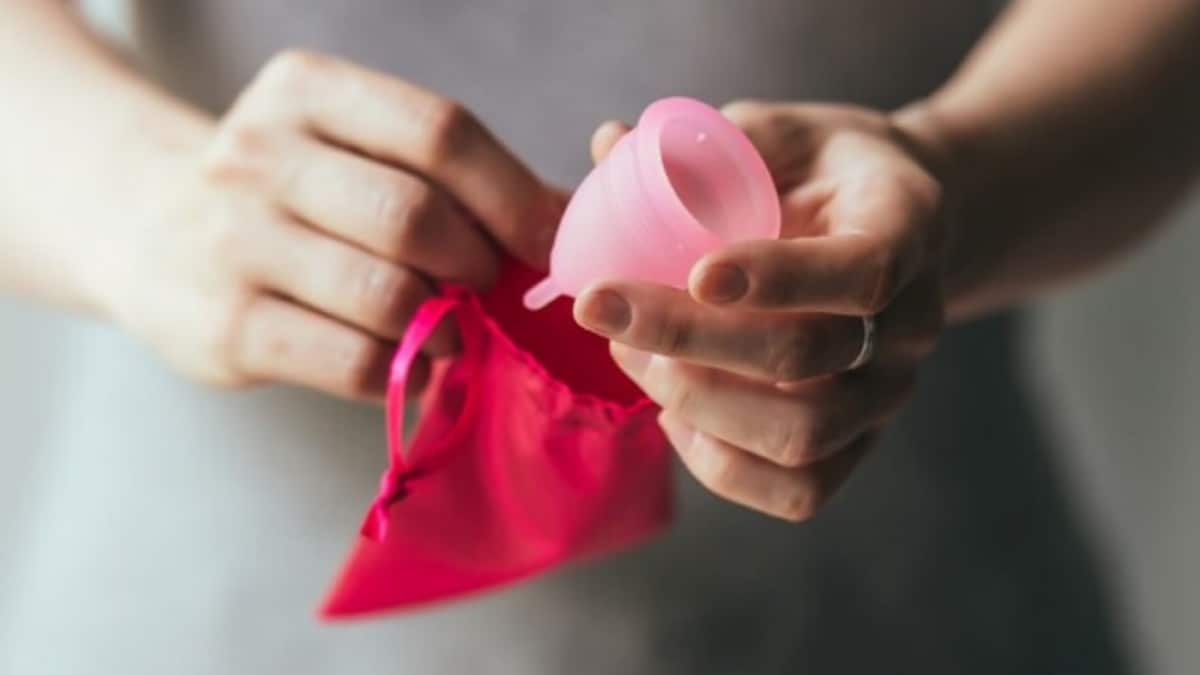Last Updated:
From the first period to the last, women deserve dignity, dialogue, and support. Breaking silence around health can transform every stage of a woman’s journey.

Menstrual health education should start early and be stigma-free.
Women’s health is often seen through a narrow lens – defined by puberty, fertility, or menopause in isolation. But in reality, it is a continuous journey marked by transitions, challenges, and evolving needs. From the first period to the last, every stage shapes a woman’s physical and emotional well-being. Yet, these conversations are still fragmented, hushed, and often clouded by stigma.
The Gaps That Begin Early
Recommended Stories
“A young girl’s health goes through many changes, starting from her first period till she attains menopause. Each phase brings its own needs, challenges, and questions, but these conversations are still surrounded by silence or discomfort,” said Dr. Mehak Segan, Consultant at Sirona Hygiene Foundation. Instead of education or celebration, many young girls encounter secrecy or embarrassment at menarche, leaving them underprepared to understand or embrace their own bodies.
Dr. Segan emphasised that this early lack of awareness ripples across later life stages. During childbearing years, women’s health is narrowly defined by their ability to conceive or care for children, while long-term well-being is sidelined. Menopause, too, introduces a new set of concerns, such as bone density, cardiovascular risk, and sexual health, that rarely receive mainstream attention. “These gaps reflect that many women go through major life transitions without the right information or support system they deserve,” she explained.
Beyond Illness: Building Systems of Support
What women need, Dr. Segan argued, is a robust public health system for menstrual health and hygiene: one that follows them across their lifespan, not only in times of illness or conception. “Every woman should be able to talk about her body without embarrassment and make informed choices that protect her health, dignity, and independence right from the first period till the last one,” she added.
The Role of Dialogue and Culture
While better access to healthcare and innovations like period cups and tracking apps have helped, cultural change remains critical. Anika Wadhera, VP–Marketing at Sirona Hygiene, believes open dialogue is at the heart of progress. “One of the biggest challenges women face is the lack of space, language, and confidence to openly discuss their health, whether it’s period pain, infertility, or menopause. True progress comes when we normalise these conversations,” she said.
Platforms that allow women to share their stories without stigma can lead to practical interventions. From menstrual education in schools to menopause-sensitive policies at work, these shifts are possible only when women’s health is viewed as a continuum. “Change starts when we view women’s health not as isolated events, but as a lifelong journey,” Wadhera added.
The evolution of women’s health care requires both systemic reform and cultural openness. Silence must give way to support, and shame to dignity. From the first period to the last, women deserve information, empathy, and respect at every stage of life.
Delhi, India, India
September 07, 2025, 13:08 IST
Loading comments…
Go to Source
Author: News18




)